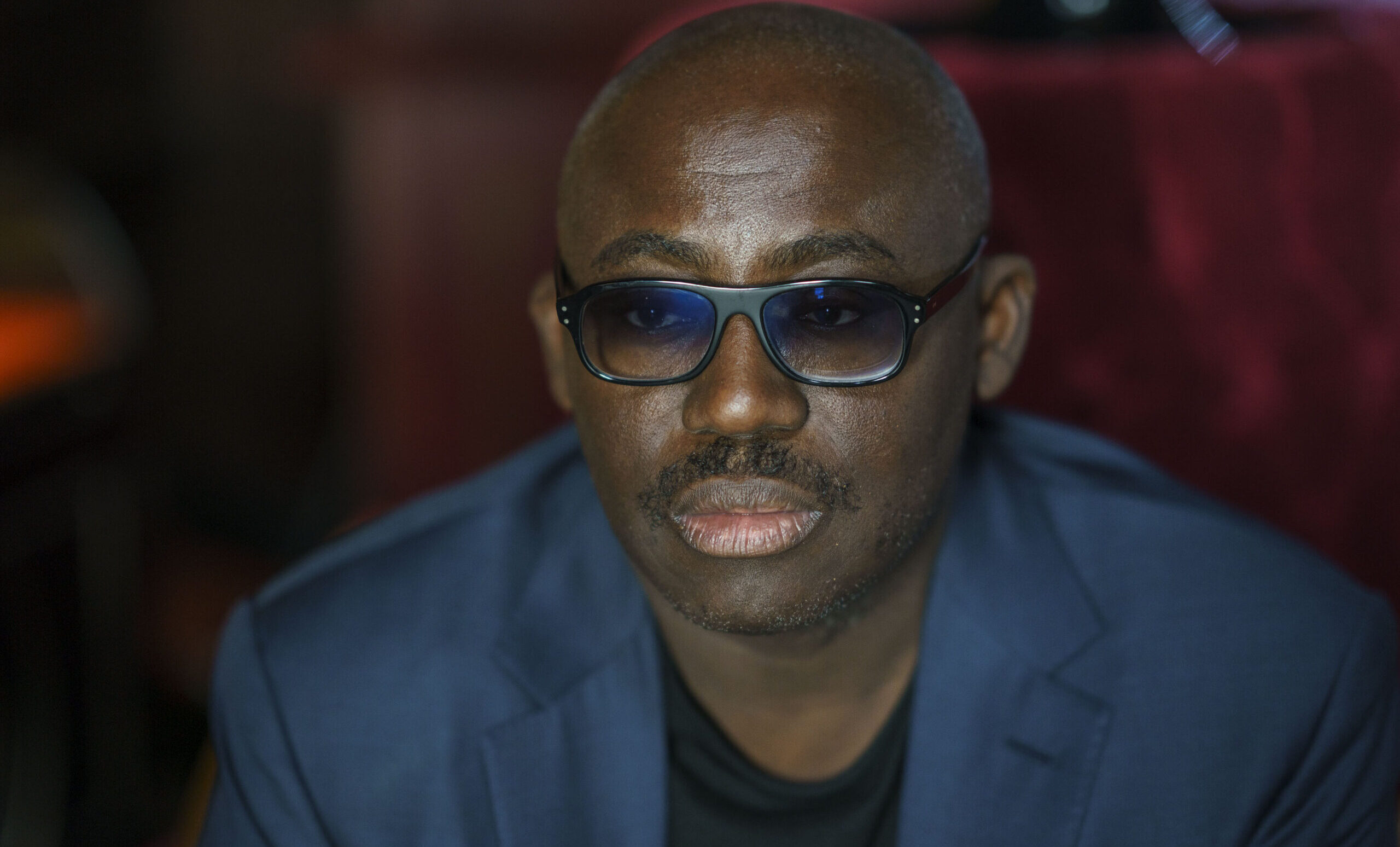“I think disbelief is really the only word.” This was the reaction of Nigerian-born author Atinuke to news from a recent survey, reported on Thursday in the Guardian, that over half of Britons can’t name a prominent black historical figure. On top of this, more than 75% of British adults admitted they knew barely anything about black history. This, of course, is meant to be a clarion call to “raise awareness” about black contributions to the British nation. The problem, however, is that it is so aloof from the concerns and imaginations of ordinary Britons, black and white.
One day later Edward Enninful, the editor of British Vogue, was voted “the most powerful black person in the country”. Most black Britons, let alone white ones, wouldn’t know who he is, nor identify with him. That’s before one gets to the rest of the top 10 Powerlist, which is mainly composed of business and media executives, an effort clearly more targeted at elite and middle-class circles than working-class ones.
This debate over the representation of black people is part of a long process to redefine British national mythology to accommodate black history, given that the traditional definition — that of Britain as a white, Anglo-Saxon, Protestant nation — is passé for a society that is now unquestionably multi-ethnic. The discourse around “representation” and history is an effort within the black middle and professional classes, like the 1619 Project stateside, to insert and see themselves reflected in the national mythology, even while seemingly “deconstructing” traditional myths.
Previous efforts to bolster black people’s place in British history focused on the links forged by empire and migration. But recently there’s been a surreptitious shift to identify an ancient and sustained black heritage. This is why the Guardian makes the slippery claim about “the first known people to come directly [to Britain] from Africa settling approximately 2,000 years ago” or, as Atinuke has put it previously, “the very first Britons were black.” For this to make sense, it entails imposing modern racial categories onto epochs of history where they do not belong and would not make sense.
The truth is that in the longue durée of British history, extensive black settlement on these isles via mass immigration is still a new phenomenon. While it is of course true that one can find documented stories of sub-Saharan Africans in Britain even as far back as the Tudor period, their presence was always exiguous compared to the native white population. The overwhelming majority of black Britons can trace their ancestry to the various phases of mass migration after the Second World War.
Hence why it is disingenuous to claim Quintus Lollius Urbicus, a governor of Roman Britain for three years who did little of note (and an ethnic Berber), was “black”. At the time, sub-Saharan Africans would not have been classified by others nor seen themselves as members of a unitary “black race”, but instead through the medium of local, tribal, clan and kingdom affiliations, since the idiom of “race” as we understand it now would not exist until the early modern period.
This is in the same league as Afro-centrists who try to claim Cleopatra as “black”, despite her Greek-Macedonian heritage, which ironically is akin to how British colonialists in the 19th century tried to whitewash the ancient Greeks and Egyptians as pale skinned, fair-haired Anglo-Saxons. Most Britons can’t name any Roman governor regardless of skin colour, which reveals a more general problem about historical illiteracy in society than racist ignorance.
All this means that there is a lot of potential for new history to be made in the future, instead of scrambling in the past for obscure figures to satisfy the impulse to justify the black British story. Black Britons don’t need propaganda and pseudo-history to justify their national identity. That they are already here and have established rooted, integrated communities — ones that will endure for many generations — is more than enough.











Join the discussion
Join like minded readers that support our journalism by becoming a paid subscriber
To join the discussion in the comments, become a paid subscriber.
Join like minded readers that support our journalism, read unlimited articles and enjoy other subscriber-only benefits.
Subscribe